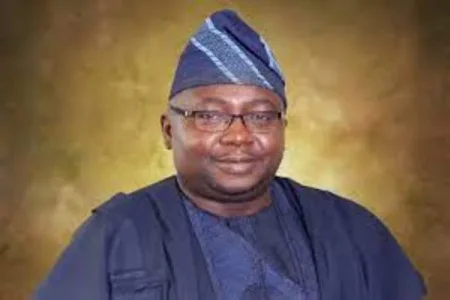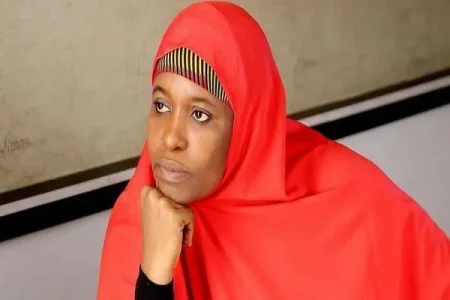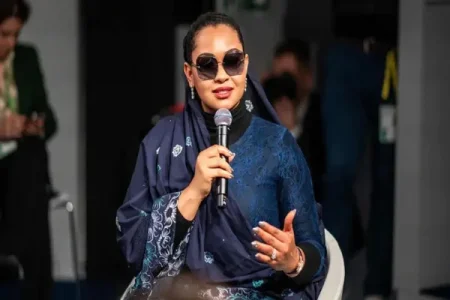
In an exclusive interview on Channels Television's Politics Today program, Minister of Power, Adebayo Adelabu, disclosed that the Federal Government (FG) is persisting with electricity subsidy payments despite the recent tariff hike for Band A consumers. The revelation sheds light on the complex dynamics of energy policy in Nigeria, where a significant portion of the population relies on subsidized electricity.
Adelabu emphasized that the government has allocated approximately N1.8 trillion for electricity subsidy payments in 2024 alone. This substantial budget allocation underscores the government's commitment to ensuring affordable electricity for Nigerian consumers, particularly amid economic challenges and rising energy costs.
Contrary to assertions by human rights lawyer Femi Falana, who deemed the tariff increase for Band A consumers illegal, Adelabu clarified that tariff reviews are lawful and fall within the jurisdiction of the Nigerian Electricity Regulatory Commission (NERC). He cited provisions in the Electricity Act, 2023, which allow for tariff adjustments every six months.
Addressing concerns about the removal of electricity subsidies in 2022, Adelabu pointed to various factors contributing to the escalation of energy costs, including fluctuations in the exchange rate, soaring gas prices, and infrastructure expenses. He emphasized that the government has shouldered a significant portion of the burden, covering up to 67% of the total production, transmission, and distribution costs.
The recent tariff hike for Band A customers, despite criticism from the public, is positioned as a necessary step to offset some of the financial burdens on the government. Adelabu explained that the increase, although substantial, does not necessarily equate to a proportional rise in consumers' electricity bills if consumption is managed efficiently.
Looking ahead, Adelabu expressed optimism about potential tariff reductions driven by favorable economic conditions, including the appreciation of the Nigerian Naira against the US Dollar. He highlighted ongoing efforts to enhance power generation capacity, aiming to increase output from 4,000 to 6,000 megawatts within six months.
The minister underscored the administration's commitment to decentralizing power generation across states and strengthening transmission and distribution infrastructure to support Nigeria's industrial growth and meet the energy needs of its populace.
Despite these initiatives, challenges remain, particularly regarding the consistent supply of gas, a critical component in power generation. However, Adelabu assured Nigerians of the government's determination to address these issues and ensure sustainable and affordable electricity for all citizens.




